$2 PPSR Check
Why get a PPSR Check?
If you’re buying a used car from a private seller it’s worth checking the vehicles history using the PPSR. Unlike a licensed motor vehicle dealer, private sellers don’t have to tell you whether the car still has finance owing on it or if it has previous accident history. As a finance broker we check the PPSR for every asset / vehicle we finance and if you’re buying a vehicle (with or without finance) you should too.
If you do buy a used car that’s listed as security against an outstanding loan and the previous owner stops repaying the loan, the lender could repossess your car even though you paid for the car in full. You could be left with no car and would have to pursue the seller for the money you paid.
In short, you should spend the $2 on a PPSR check and ALWAYS check the PPSR no matter where you buy a vehicle from (even dealers), It can save you thousands and could be the best $2 you ever spent.
How do we know so much about the PPSR?
We perform PPSR checks everyday, we even register PPSR interests on vehicles that we have financial interest in, so we know the process inside out. When we speak to our clients it always amazes us on how little the average person knows about security interests on vehicles, vehicles with written off history and what this all means. It surprises us because of how cheaply and easily you can find PPSR info out on a vehicle and how few people perform these checks. It’s simple, the PPSR is how to check if a car has finance owing on it.
What is the Personal Property Securities Register (PPSR)?
The PPSR is operated by the Australian Government and is a register designed to help protect consumers who buy personal property such as cars, boats, caravans and almost anything else that has a serial number.
By searching the PPSR, you can find out if a used car you’re buying has any finance owing on it, is listed as stolen and if it has been involved in an accident. Some online services can charge more than $35 for an online PPSR check but they will show the same PPSR report that the Government only charges $2 for. Click this link to do a $2 PPSR check
How do you check the PPSR?
You can check the PPSR by using the link above and searching using the VIN or serial number of the car or asset you are buying. The VIN number is usually located in 3-4 places on a car:
- On the compliance plate
- on the build plate
- under the windscreen on the passenger side
- stamped on the chassis.
Check these all match each other, if anything clearly does not match or seems out of place walk away.
What you can check
- Financing owing (Security Interest)
If you buy a used car that’s secured against an outstanding loan and the previous owner stops repaying the loan, the lender could repossess your car. - Reported as stolen
A stolen car may be repossessed and returned to its owner or their insurance or finance company. - Has been written off
The PPSR has information if a vehicle has been previously written-off and repaired. More info here about buying a repairable write-off. - Other info on the PPSR
Other info you will find on the PPSR report include the Car’s VIN number, Registration number (Rego), Engine number, colour, make, model, body type.
Free PPSR Checks
If you are looking for Free PPSR checks they usually come with strings attached by giving up your contact details and agreeing to receiving marketing sent to you, so an official $2 check using a Government service is more than affordable way of getting a valuable service.
If you still can’t bear the thought of spending $2 there is a Free alternative to a PPSR to check the registration status of a car (or other vehicle) and verify the registration number matches the VIN and so on. Motor vehicle registration is managed on a state by state basis and each state has their own FREE State Government online service to check registrations:
- Service NSW Free rego check [UPDATE-Also includes some ODO history]: https://free-rego-check.service.nsw.gov….
- VIC Roads Free Rego Check: https://www.vicroads.vic.gov.au/registration/….
- Service SA Free Rego Check: https://www.sa.gov.au/topics/boating-and-….
- QLD Transport PPSR and Rego Check: https://www.service.transport.qld.gov.au/checkrego/…. or we have article with more info on PPSR and rego check QLD
- WA Department of Transport Free Rego Check: https://online.transport.wa.gov.au/web….
- NT Free Rego Check : https://nt.gov.au/driving/rego/exis….
- ACT Free Rego Check: https://rego.act.gov.au/regosoawi….
- TAS Free Rego Check: https://www.transport.tas.gov.au/MRSW….
How to get your FREE PPSR checks
Put that $2 away and here’s an opportunity to access those FREE PPSR checks—through the Budget Direct website. This is a great tool that offers up to 5 FREE PPSR / REVS checks checks at no cost, you will have to subscribe to their marketing but it’s a small price to pay for a freebie.
Free REVS Checks
In Australia to check the security interest on a vehicle you used to use the Government’s REVS check system which was FREE for cars, trucks, motorbikes, boats.
The free REVS checks were available across all states in Australia (NSW, VIC, QLD, WA, SA, NT, ACT) but in 2012 it was replaced by the PPSR (Personal Property Securities Register), which combines all the security interest registers in Australia into the single $2 PPSR check.
Can the PPSR be wrong?
Generally searches made on the PPSR are not wrong. If you feel there is an error on the PPSR you can contact the PPSR are request changes.
When searching the PPSR mistakes can be made when entering the VIN or serial number of the asset you’re checking which can give you incorrect information. The most typical mistakes are leaving out a digit on a VIN number or confusing an ‘S’ with ‘5’ or an ‘0’ with ‘O’. A way to combat this is when the report is generated check that the other vehicle information matches the vehicle you’re checking and if there is no other information (make, model etc are blank) then you can be sure that you’ve made a mistake.
What a PPSR check won’t tell you
A PPSR search can tell you a lot about the car you’re buying. However, when you’re buying a used car truck van or ute there are things that wont show up on your PPSR report:
Odometer Rollback
[UPDATE] – As of 19th June 2023 Service NSW have updated their FREE rego check website to include the last 3 years of odometer readings from electronic service records in NSW. [Read More]
In Australia, there is no central database where vehicle mileage is recorded. Some of the other more expensive car history reports (in addition to the PPSR report) have access to private data of vehicles records and have deals in place with various sources, such as having access to dealer service records.
An easy check it to ask the current owner for the car’s service history to check that the mileage on the service records match what is displayed on the odometer and check for any irregularities (for example: a vehicle driven 10,000kms per year most of its life has only last few years has only done a few hundred since the last service).
Mechanical condition of the vehicle
- Have a friend with some mechanical knowledge come with you to check out a vehicle if you don’t feel confident looking at all the oily bits.
- if in doubt get an independent mechanic to carry out a pre-purchase car inspection (PPI)
- again ask the previous owner for the car’s service history to check it has been looked after
And for the last tip: Google the VIN or rego number and see what comes up. You can find old auction listings or dealer listings for the vehicle or even forum posts. You might be surprised with what you find.
What if I don’t have the VIN?
If you can’t find the Vin or don’t have access to the car physically we have a guide to help you find the VIN using only a car’s Registration number. Get the VIN from Rego number




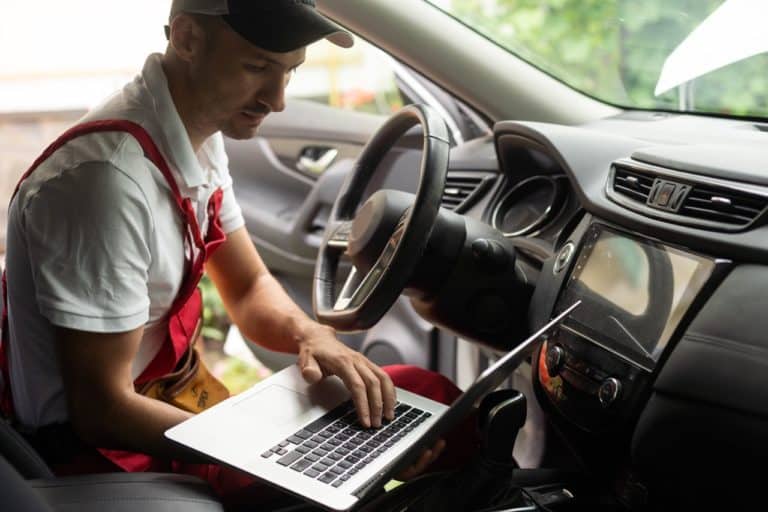
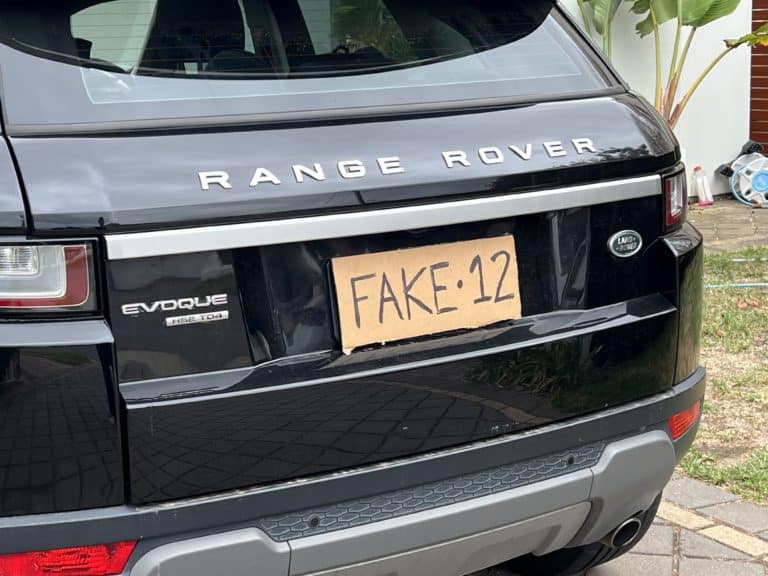
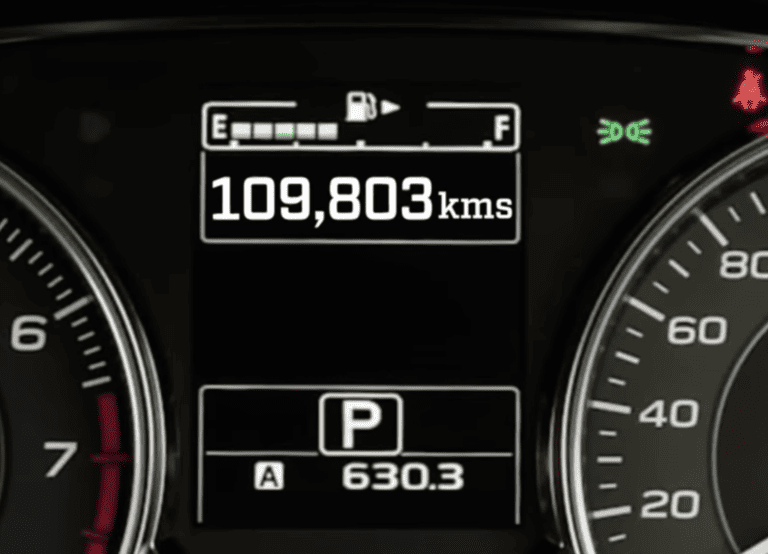
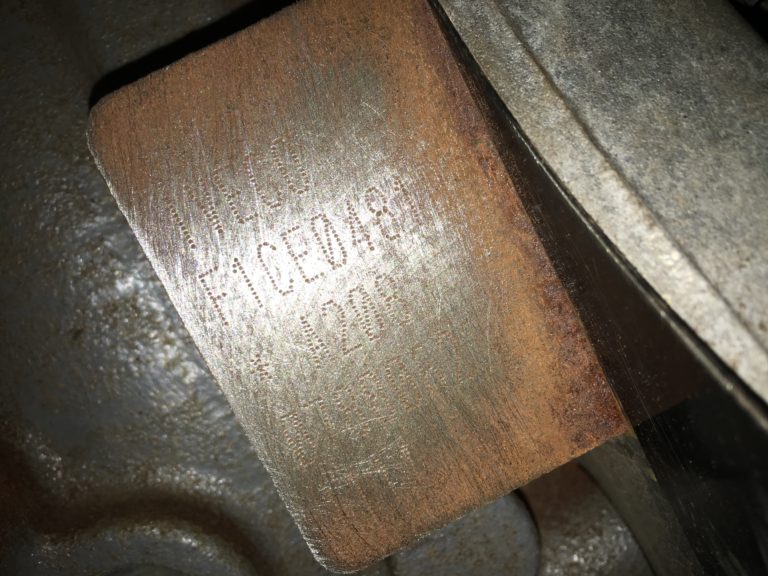
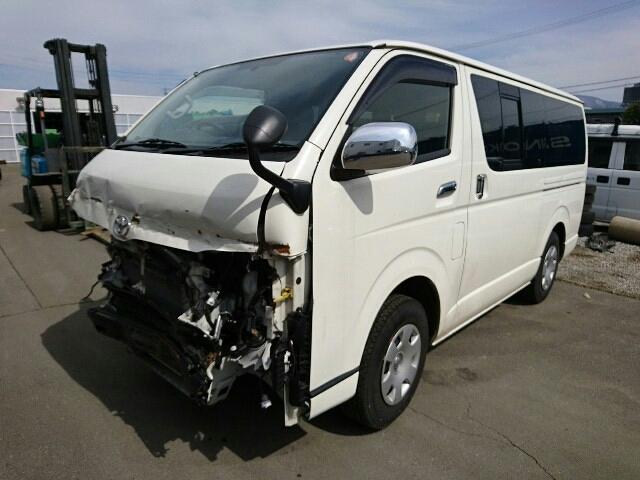
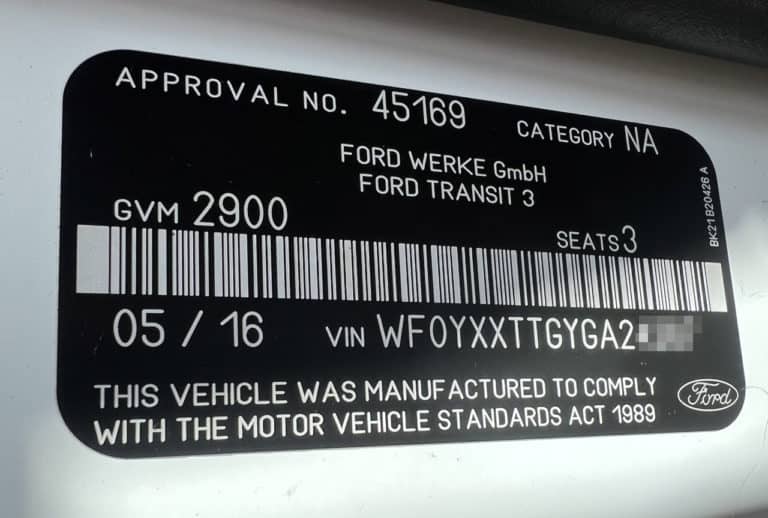
Why ? My email address is
Yet not received back my check for mercedes even I paid $2 fee.
Sorry Farouk I know it’s a late reply. But make sure when doing a PPSR you provide the correct email address and also check your email SPAM box. Also note that If you enter a VIN number that is not correct your PPSR report will come back empty and probably have little to no information about the vehicle. We also cannot offer support for a Government Service you will need to contact 1300 007 777.
im very happy about this website thank you
Thank you for your kind words! We’re happy to hear that you found our website and the information on PPSR valuable. It is important to us that our readers are informed when purchasing vehicles. If you have any further questions or topics you’d like us to cover, please let us know.